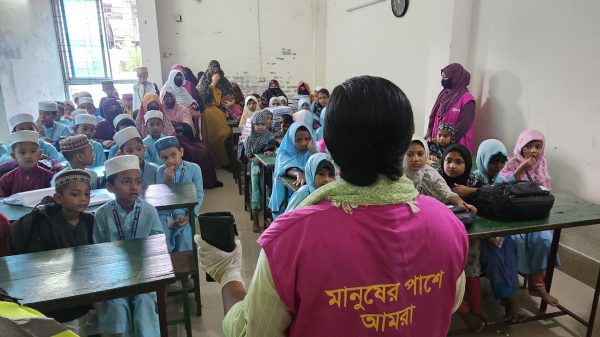Foreign Investors Raise Alarm Over Gas Price Hike in Bangladesh

- Update Time : Tuesday, April 15, 2025

The Foreign Investors’ Chamber of Commerce and Industry (FICCI) has raised significant concerns over the recently introduced gas price hike in Bangladesh, calling it a potential deterrent to both foreign and domestic investment. The hike, announced by the Bangladesh Energy Regulatory Commission (BERC), brings a differentiated tariff system for industrial customers, which could destabilize the industrial sector and hamper the country’s broader economic goals.
New Tariff Structure Could Impact Competitiveness
Under the revised tariff structure, new industrial units and those with increased gas consumption will face a 33% higher tariff compared to existing customers, even within the same industrial category. FICCI has expressed fears that this price increase could create an uneven playing field, negatively impacting Bangladesh’s competitiveness in the global market.

FICCI, which represents foreign investors from 35 countries, stated that the differentiated pricing model for gas could lead to higher operational costs for expanding businesses and new investments, potentially undermining the country’s appeal to global investors. Zaved Akhtar, FICCI’s president, emphasized the need for a transparent, predictable, and fair pricing structure that ensures a level playing field and attracts foreign direct investment (FDI).
FICCI Calls for Policy Reconsideration
FICCI’s statement highlights concerns about the new policy’s potential to disrupt continuity in business operations. Long-standing industries with new gas agreements could face administrative confusion, potentially affecting their growth and stability. The chamber urged the Bangladesh Energy Regulatory Commission to revisit this approach and engage in further consultation with all stakeholders to ensure the energy policy aligns with the nation’s goals of industrial growth and FDI attraction.
FICCI also pointed out that the government’s recent efforts to engage international investors, such as the Bangladesh Investment Summit, could be undermined by the new tariff system. The chamber stressed the importance of a fair and sustainable energy pricing framework that supports both industrial resilience and economic development.









Leave a Reply